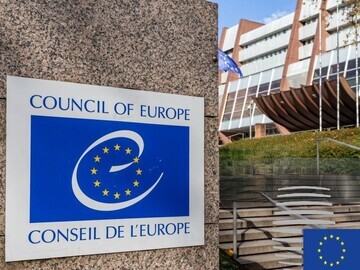
The EU has decided to abolish customs duties on seven types of agricultural products from Moldova
In particular, the European Union Council has adopted a decision on the position that the EU will take in the EU-Moldova Association Committee in the “Trade” configuration regarding the expansion of access to the EU market for certain types of Moldovan export products that have not yet been liberalized: plums, table grapes, apples, tomatoes, garlic, cherries, and grape juice. As noted in the EU Council's statement, these products are not yet fully liberalized for export from Moldova to the EU and are usually subject to duty-free quotas. However, until now, they have been covered by the EU's unilateral trade liberalization measures for Moldova, introduced in July 2022 and extended until July 24, 2025. The EU's current objective is to move from this temporary regime to a long-term framework that will provide stability for economic operators on both sides and stimulate trade flows, while protecting sensitive sectors of the EU agriculture. The future agreement will include robust safeguard provisions against market distortion and will make new market access conditional on Moldova gradually aligning its agricultural and food standards with those of the EU by 2027. As noted in the Council of the European Union's materials, the EU has previously taken unprecedented measures to support Moldova on its path to EU accession. This includes autonomous trade measures and a €1.9 billion growth plan aimed at stimulating long-term reforms and economic growth. Moldova was granted EU candidate status in June 2022, and accession negotiations were approved in December 2023. The EU-Moldova Association Agreement aims to promote political dialogue and strengthen Moldova's association with EU policies and its participation in EU programs and agencies. It also includes a DCFTA (Deep and Comprehensive Free Trade Area) to create conditions for strengthening economic and trade relations, leading to Moldova's gradual integration into the EU internal market. The Agreement entered into force on July 1, 2016, and the DCFTA has been provisionally applied since September 1, 2014. In accordance with Article 147 (4) of the Agreement, after the Agreement enters into force, the parties may agree to consider the possibility of accelerating and expanding the scope of measures to eliminate customs duties on trade between them (“review process”). // 19.09.2025 — InfoMarket.







